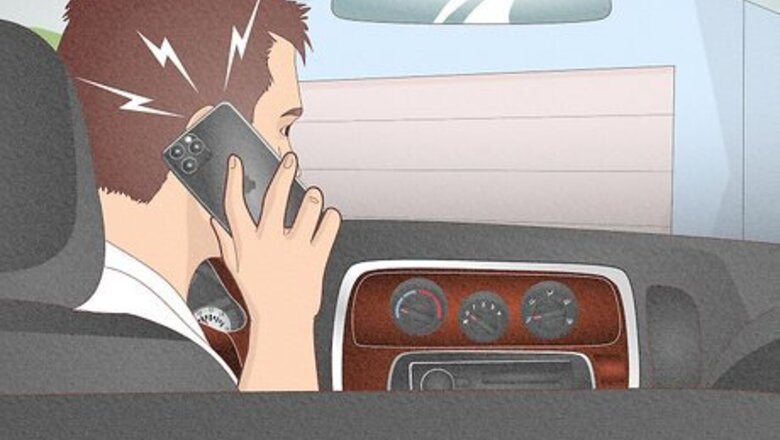
views
- Listen for volume changes, popping noises, buzzes, static, or radio interference since these are all audible signs that your car may be bugged.
- If you're being stalked by a jilted lover or obsessive person, provide evidence to the police. If you're in a position of authority, check if information has been leaked.
- Inspect both the interior and the exterior of your car for tracking devices. As an extra precaution, use a GPS bug detector to scan for hidden surveillance tools.
- Keep yourself safe by telling the police about stalkers and either dumping a tracking device in a remote place like the woods or turning it in to authorities.
Signs Your Car Might Be Bugged
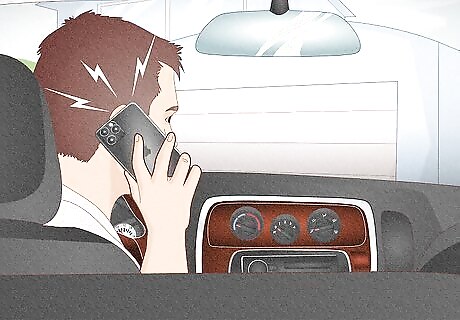
Strange interference on your phone lines. While you might’ve had crystal clear reception before, suddenly, the volume of your calls go up and down—it might even go out altogether. You might also hear static, popping noises, buzzes, or scratching sounds. All of these anomalies suggest that an amateur with low-tech equipment might be listening in on your conversations.
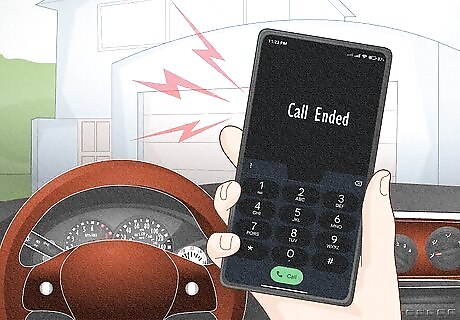
Unusual sounds even when you’ve ended a call. If you were connected to Bluetooth for a hands-free conversation or were on speaker phone, everything should be quiet once you hang up. If you still hear faint noise, then you might be a victim of a “hook switch bypass,” a trick that lets an eavesdropper listen in on you with your device’s microphone.
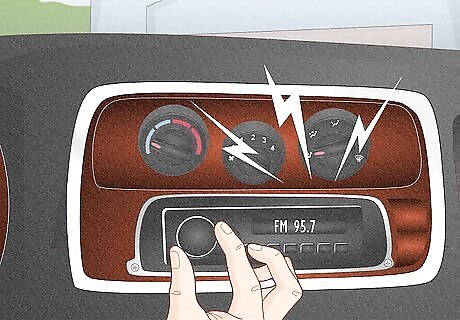
Your car radio has odd interference. Maybe all your channels and presets worked perfectly, but now they’re staticky and constantly interrupted. While a hiccup in your reception here and there is normal, ongoing issues could signal that your car’s antenna is being used to tap into your interactions.

Other people suddenly know secret details. Whether you’re dealing with court proceedings you want to keep discreet or guarding proprietary information, you might notice that what’s supposed to be classified is public knowledge. If you’ve gone through pains to hide everything, then any leaks might be a clue that your car is bugged.
Checking for Bugs and Trackers
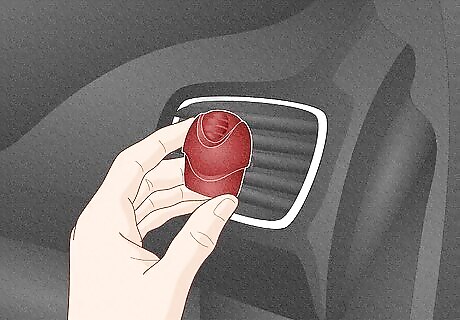
Inspect the interior of your car. Is there a new tissue box in the back seat or an air freshener that you don't remember buying? Look for any foreign object in the cracks of your seats, underneath your seats, or hiding beneath the seat covers. Make sure to move the seats and use a flashlight so you can be thorough. Detach the glove box compartment–including the panel beneath your steering wheel. You'll find most of your vehicle's electrical wiring, so check for any loose wires or antennas that may lead to a tracker. Check your vehicle's data port, usually located underneath the dash on the driver’s side. See if there is a small box attached to it–if there is, then it’s likely a bug or tracker and should be easy to remove by simply unplugging it.
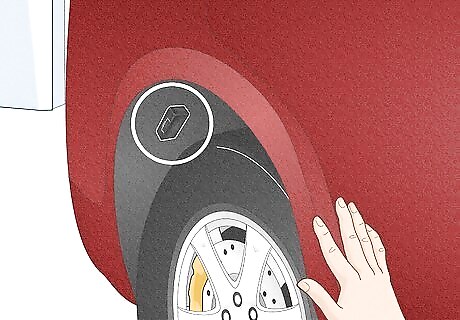
Investigate the exterior of your car. Check all metal surfaces outside of your car for a magnetic tracker–it could be inside the wheel wells, attached to the gas tank, or on the frame of the car. Use a bright flashlight to check your car's undercarriage, and keep an eye out for reflective materials, or any areas that are cleaner than the rest. If your car's bumper is removable, check inside both the front and back bumpers. Check under the hood of your car. Avoid disconnecting anything so you still have evidence to present to authorities–but pay attention to any wires attached to your vehicle's battery, as they may lead to a GPS tracker. Check your trunk for hiding spots. Any small compartment could be hiding a tracker or bug. Additionally, be sure to check where the spare tire is kept, as this could be a good hiding spot.
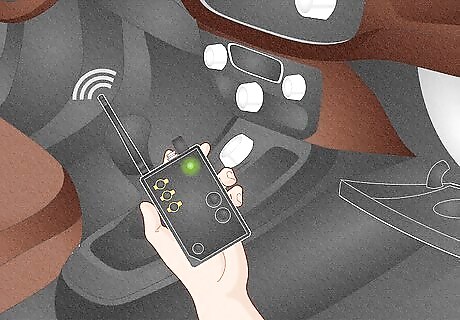
Use a GPS bug detector to scan the inside and outside of your car. They can detect hidden cameras, audio devices, or GPS transmitters–but only if the bug or tracking device is currently transmitting. To use a bug detector, move the instrument slowly around your car. Be sure to scan all areas of your vehicle, including both inside and outside. Anything broadcasting a signal will pop up and notify you of the device's general location. Higher end scanners will give you a more exact location, while cheaper models may only confirm if there is something in your car. GPS bug detectors can be purchased from any surveillance product seller–or even Amazon. They can be pretty expensive, ranging from $150-$5000 USD, depending on the quality and effectiveness of the scanner. Truly spy-grade trackers and bugs have built in technology to combat scanners, so don’t rely on this as your only way to sweep for surveillance devices.
What to Do if Your Car is Bugged
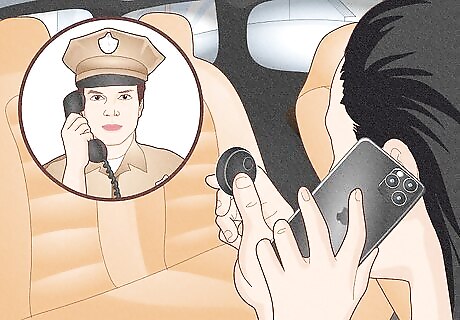
Call the police and tell them you’ve found a bug or tracker. If you don’t know exactly who placed this device on your car, share your suspicions. If you believe that the culprit could be a spouse or an ex-partner, relay this information. Maybe you’ve noticed signs of a random individual stalking you. For example, maybe you’ve been tailed or someone peered into your home. Be specific about these incidents. Disclose if you’re in a position of high authority or have access to secrets that can be exploited. If you don’t feel you’re in immediate danger and know who planted the device, ask for support confronting this individual. Bringing witnesses can ensure your safety.

Plant the tracker somewhere else if you want to confuse the stalker. If you drop it off in a remote location like the woods or by a police station, you'll be able to foil the plans of a jealous ex, spouse, or any other suspicious individual without putting yourself or anyone else in danger.
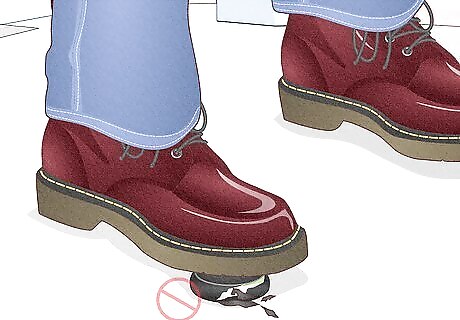
Avoid destroying the tracker if you don’t want to tip off a stalker. If you smash it or turn it off, anyone following you may know that they've been discovered. Additionally, if you keep the device intact, you may be able to use it as evidence against the stalker.

Be careful sharing sensitive information in your vehicle. Even after you remove the bug, anyone who wants to overhear what you say may try to plant another. Until you can ensure your privacy, it's best to avoid mentioning passwords, private information, or future plans while in your vehicle.




















Comments
0 comment